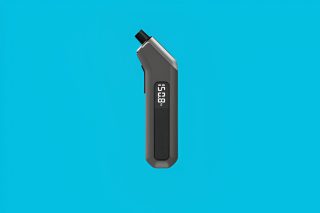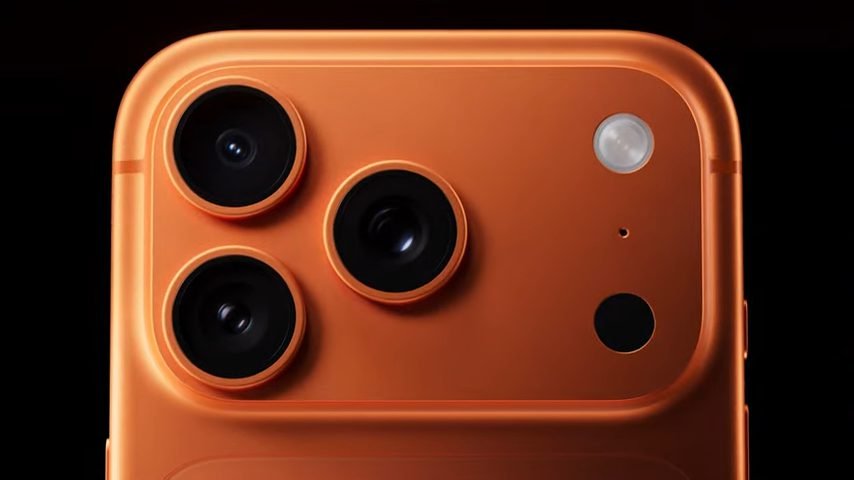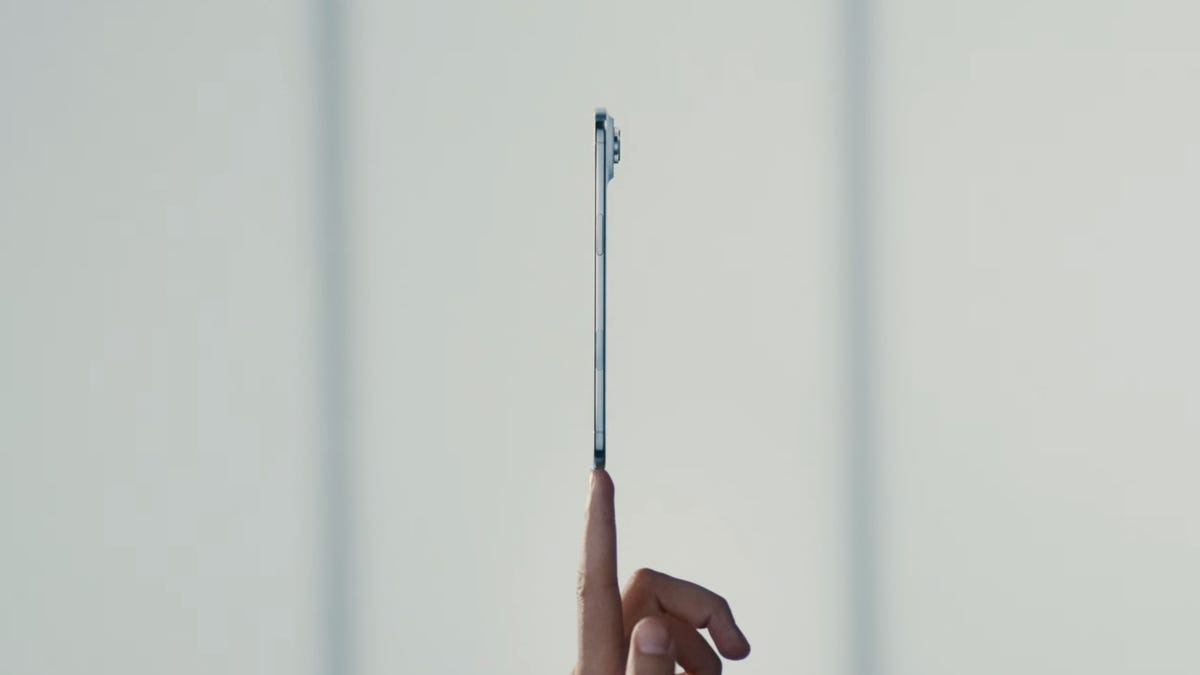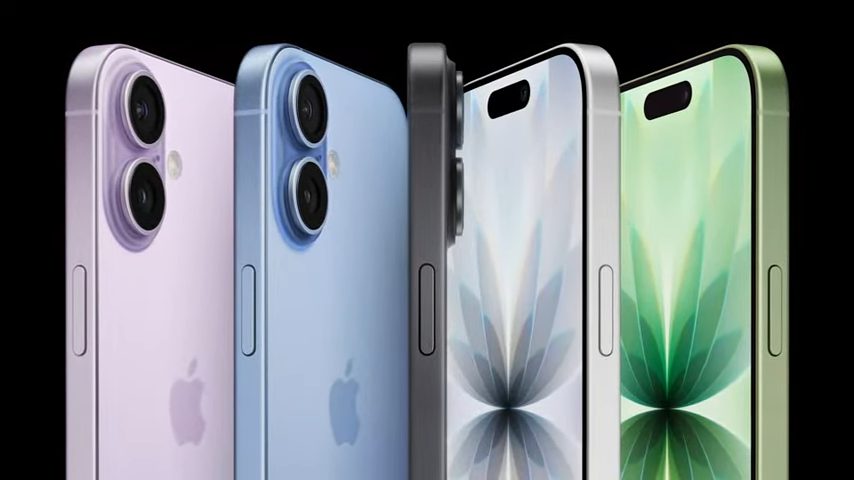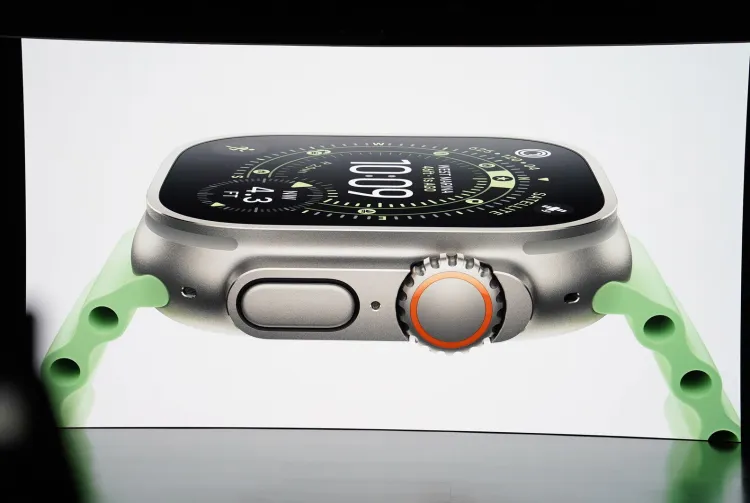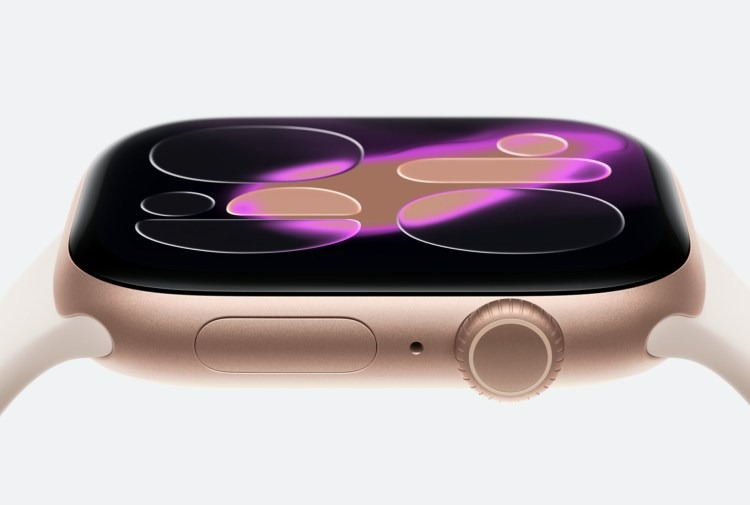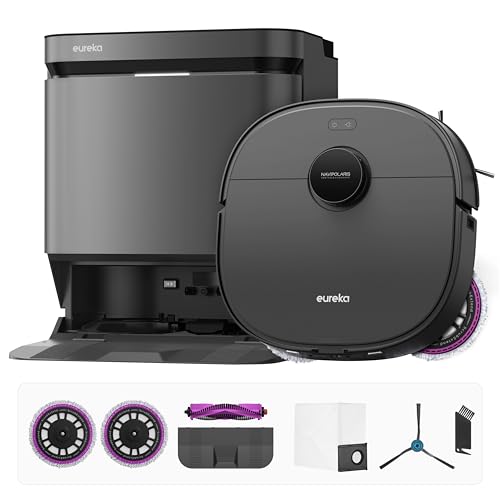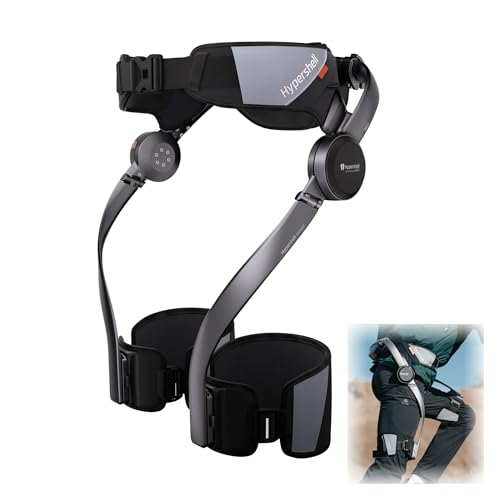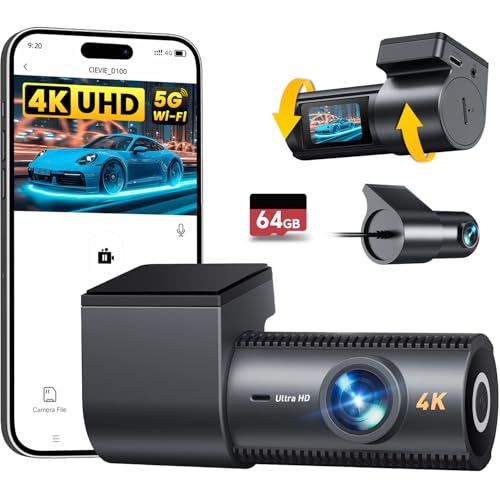Dead batteries aren’t the only thing preventing your fitness tracker from reaching its potential. Despite collecting enough health data to make your doctor jealous, these devices sit on a massive gap between promise and practice, costing lives.
The research reveals a stark reality: 94% of fitness tracker users say they’re willing to share health data with doctors, yet only 43% do it. Dr. Ben Singh from the University of South Australia calls this critical because wearables could transform how we detect diseases before they become serious problems.
When Privacy Paranoia Meets Health Reality
Your Fitbit knows when you’re stressed, when you sleep poorly, and when your heart rhythm goes sideways—everything your therapist charges $150 to figure out. Yet privacy concerns top the list of reasons people won’t share this goldmine of health intel with doctors.
What is the cruel irony? Those with chronic conditions—the exact people who’d benefit most from constant monitoring—worry most about data sharing. It’s like refusing life jackets because you’re afraid of getting wet.
Americans show less privacy anxiety than Australians when it comes to health data sharing, suggesting your zip code might predict your willingness to prevent disease better than your health status.
The Doctor Will See Your Data Now (Maybe)
UCSF is pioneering programs that integrate fitness tracker data into clinical care, developing secure platforms for real-time health monitoring. These aren’t wellness apps promising to optimize your chakras—we’re talking about medical-grade detection of conditions like atrial fibrillation before symptoms appear.
Think about it: your watch knows your baseline heart patterns better than most cardiologists. Recent studies demonstrate that consumer wearables can detect early disease signals, including COVID-19 and heart rhythm abnormalities. That’s clinical-level insight on your wrist, collecting digital dust like your unopened Duolingo notifications.
The gap isn’t just about privacy paranoia. Many doctors lack the infrastructure and training to effectively interpret fitness tracker data, creating a bottleneck worse than trying to cancel a gym membership.
Progress demands secure data management that protects privacy without sacrificing utility. UCSF’s initiatives focus on encryption and de-identification features while training healthcare providers on tracker data interpretation.
Your fitness tracker already monitors your health better than most medical appointments. The question isn’t whether this technology can save lives—it’s whether we’ll let it.





